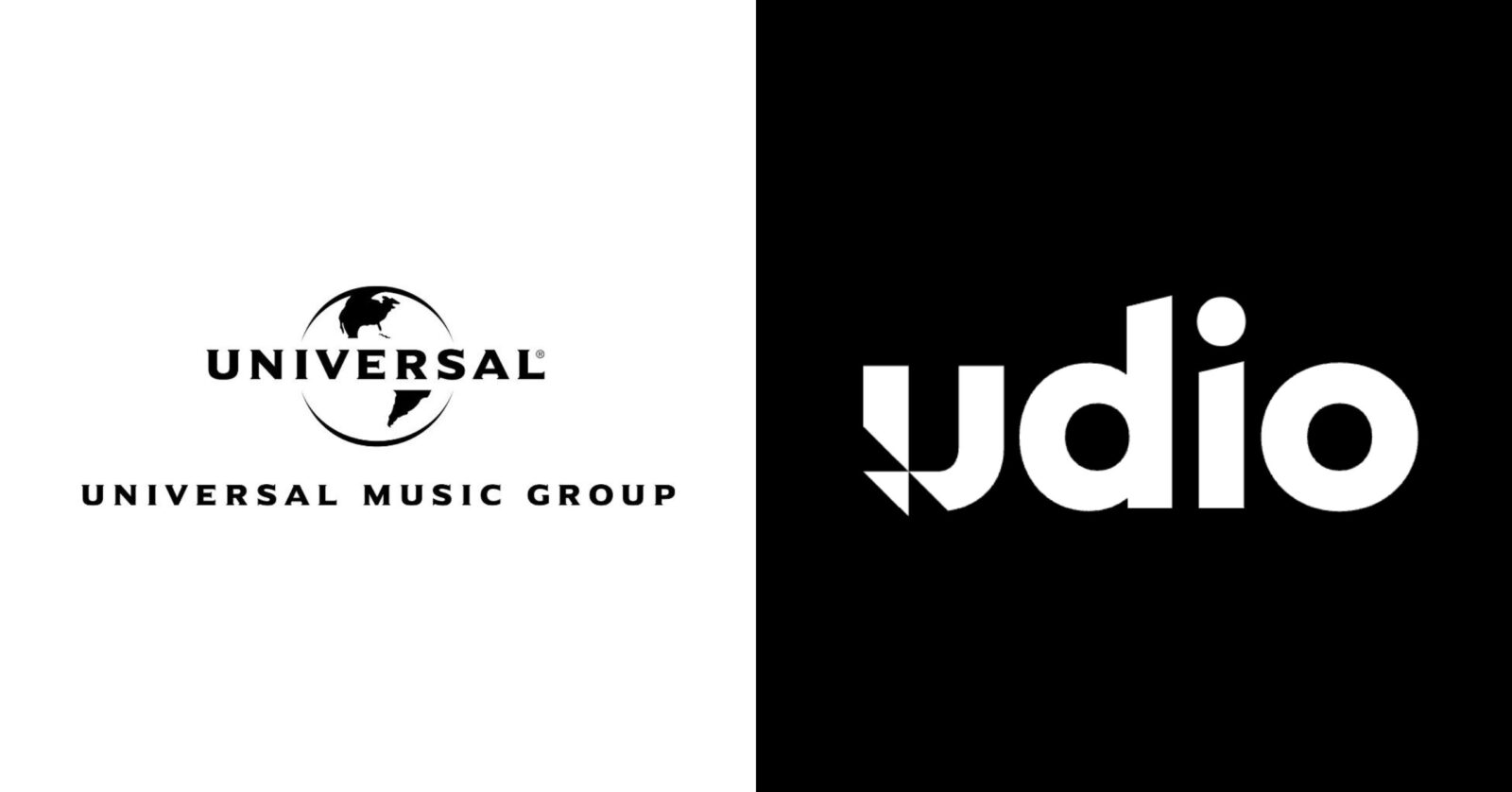Universal Music Group Strikes Landmark AI Deal With Udio Following Copyright Settlement
Over a year since the powerhouse label’s lawsuit against the AI music platform, the two parties are set to collaborate on a joint endeavor that aims to “collaborate on an innovative, new commercial music creation, consumption, and streaming experience.”

Universal Music Group (UMG) has announced that it has settled its high-profile copyright infringement lawsuit against AI music platform Udio — and now turned the dispute into a strategic partnership.
As part of the settlement, the companies will “collaborate on an innovative, new commercial music creation, consumption, and streaming experience,” set to launch in 2026, UMG mentioned in a statement. The agreement includes new licensing deals for both recorded music and publishing, creating “further revenue opportunities for UMG artists and songwriters.”
The announcement marks a dramatic turn in the ongoing legal battle between the music industry and AI developers. Just over a year ago, the RIAA, representing all three major labels, filed suits against Udio and its rival Suno for “mass infringement” of copyrighted works. While UMG has resolved its case with Udio, the majors are still pursuing action against Suno.
UMG said Udio’s current product will remain active during a transition period, but with significant safeguards — including fingerprinting, filtering, and content controls — ahead of the relaunch. The new, subscription-based service will let users customize, stream, and share AI-assisted music within what both companies describe as a “licensed and protected environment.”
“These new agreements with Udio demonstrate our commitment to doing what’s right by our artists and songwriters,” said Sir Lucian Grainge, UMG’s chairman and CEO. “We’re embracing new technologies and business models to foster a healthy commercial AI ecosystem where creators and tech companies can thrive together.”
Udio co-founder and CEO Andrew Sanchez called the partnership “a defining moment” for the AI-music frontier. “We couldn’t be more thrilled to collaborate with UMG to redefine how AI empowers artists and fans,” he said. “Together, we’re building the technological and business landscape that will fundamentally expand what’s possible in music creation and engagement.”
UMG described the deal as an “industry-first strategic agreement,” positioning itself as a leader in shaping AI-era licensing frameworks. The company also noted its string of recent AI-related pacts with YouTube, TikTok, Meta, BandLab, Soundlabs, KDDI, KLAY Vision, and Pro-Rata, underscoring its push to integrate new technologies on artist-friendly terms.
The settlement follows months of intensifying legal debate over whether AI companies can train their models on copyrighted material without authorization. In September, UMG and other labels amended their complaint against Udio, alleging the company “illegally scraped” YouTube videos to train its models — an accusation Udio denied. The platform argued that downloading publicly available videos does not violate U.S. copyright law under the Digital Millennium Copyright Act (DMCA).
Additionally, label attorneys countered in an October filing that Udio’s defense contains “fatal flaws,” claiming the company misinterprets the DMCA’s prohibitions on “access controls” and “copy controls.” Similar arguments are now playing out in the still-active case against Suno.
